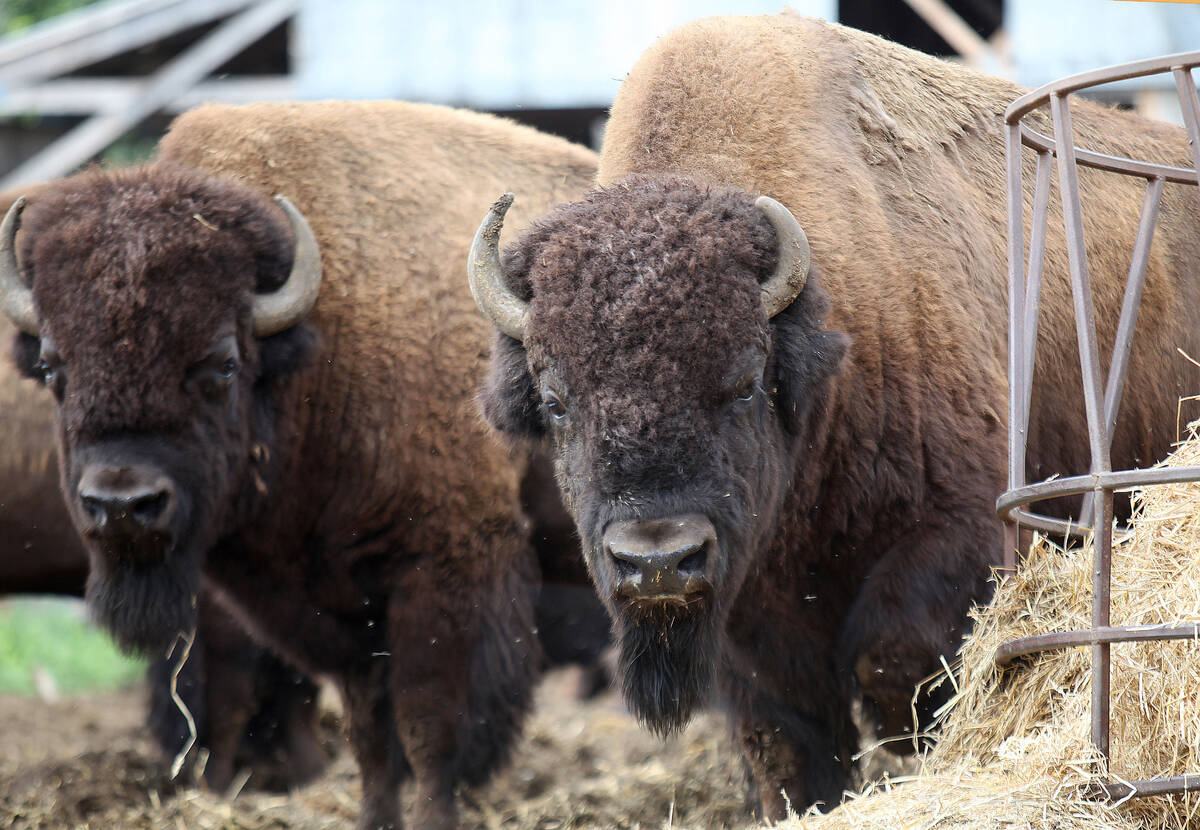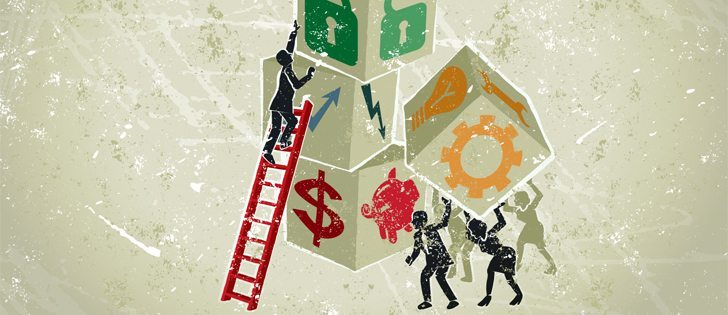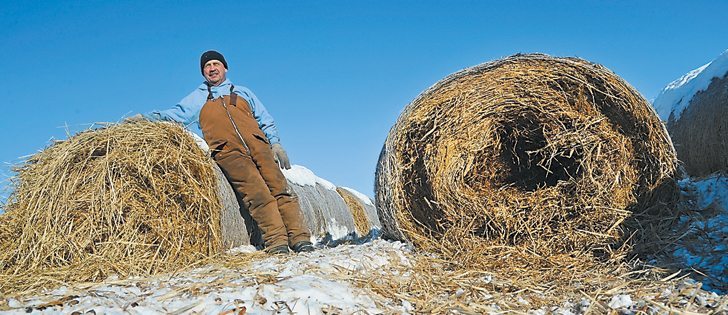We are the four representative plaintiffs named in the class action lawsuit seeking to recover $17 billion in damages on behalf of western Canadian wheat and barley farmers stemming from the federal decision to end the Canadian Wheat Board.
After assessing the Federal Court’s ruling on the government’s motion to dismiss our lawsuit, this is why we have decided to press ahead with an appeal.
The CWB owned hard and soft assets at the time that its single desk was dissolved and the farmer board of directors dismissed. These assets had been paid for entirely by farmers.
Read Also

Reconciliation and farming require co-operation to move ahead
Indigenous communities in North America were cultivating crops such as potatoes and corn long before anyone from Europe had heard of the crops.
Hard assets include the building, rail cars, grain ships and information systems. The large value soft assets included customer relationships, quality premiums, staff development and the CWB brand.
For the hard assets, pool accounts were charged a depreciation charge to pay for them in the years following the purchase. Thus, farmers paid directly out of their own pockets for these assets.
In the final years of farmer control, farmers made these purchases with the understanding that all farmers would receive an income stream that more than offset the costs of the assets.
The case on the soft assets is similar.
The decision to invest in branding western Canadian wheat and barley and their products was an investment strategy to move farmers higher up the value chain. Each of these investments was paid for by farmers.
Decisions were always made based on the business case that the future stream of benefits to farmers would outweigh the costs of these investments.
The branding contributed to Canadian grain topping the price charts during the price rally in 2008.
The process of farmers investing in their future was ramped up following the move to a new corporate structure with farmer control in 1998:
- The computer information system was rebuilt and modernized.
- The building was renovated.
- A major branding initiative was developed to raise Canadian wheat and barley prices above the basic commodity values for these crops.
One reason for this increase in investment was that the 1998 legislation made the investment climate clear.
The value of investments depended on the future of the single desk. The future of the single desk was to be determined by a farmer vote. Thus, according to legislation at the time, the future stream of income from these investments would belong to farmers unless farmers voted to give them up.
As a result, the case that farmers deserve compensation for the seizure of these assets deserves further review for at least two reasons:
- Farmers bought and paid for the assets.
- Farmers made these investments in a business and legislated environment in which farmers were assured that they would capture the stream of benefits from these investments. The only way farmers would lose the benefits is if they chose to vote to give them up. The government not only seized the assets, they also changed the investment environment without the required farmer vote.
It is particularly important that the laws on future benefits of investments be reviewed in light of the recent developments to establish wheat and barley commissions.
These commissions will allegedly be allowed to invest in new varieties and other research, which will make western Canadian farmers more competitive in the long term. To be successful, farmers must know that these varieties will not be seized and turned over to the seed companies with which the varieties were developed to compete.
Most international trade and investment agreements provide assurances that investors will be compensated if national rules are changed. It is imperative that Canadians test this to see if we can be assured parallel treatment in case assets that we have bought in one legislated environment are seized by a subsequent government.
The authors are farmers from the four western provinces.

















